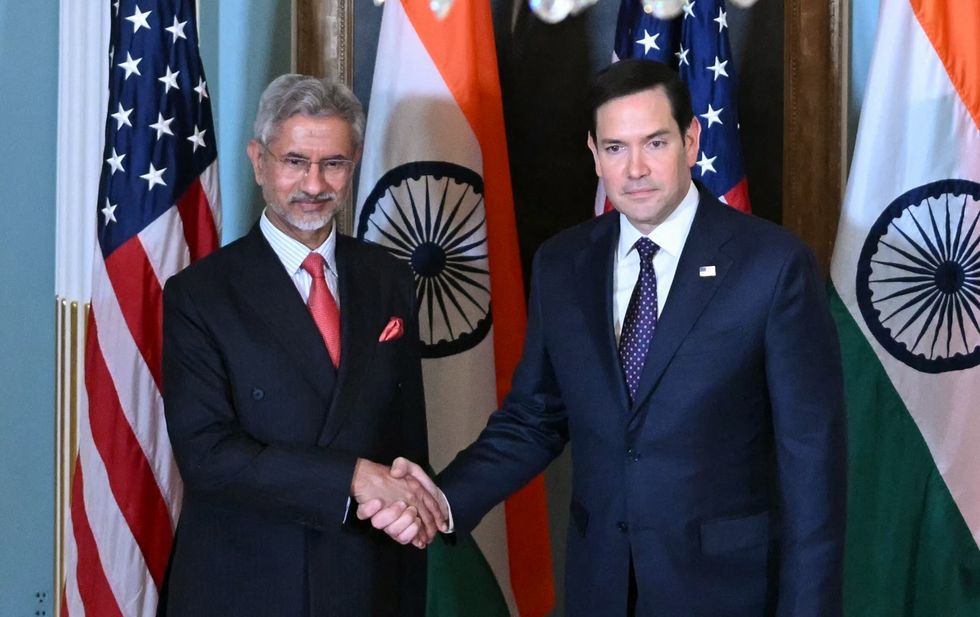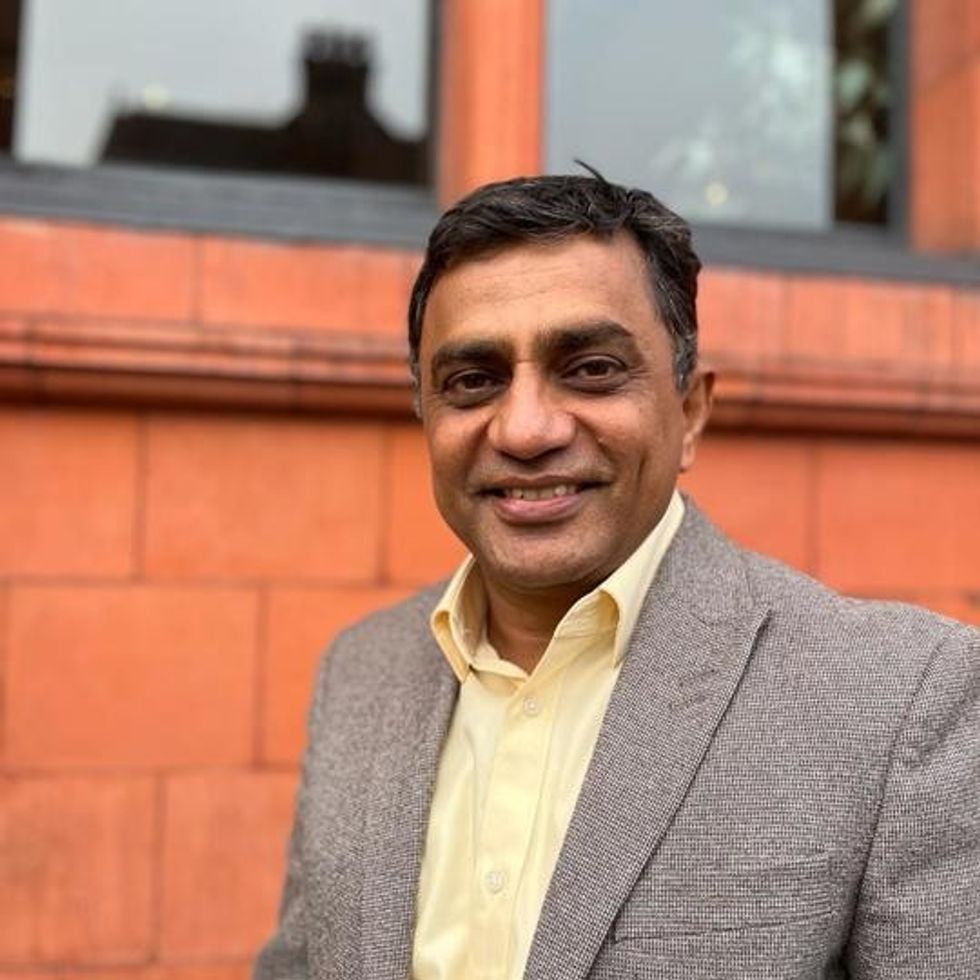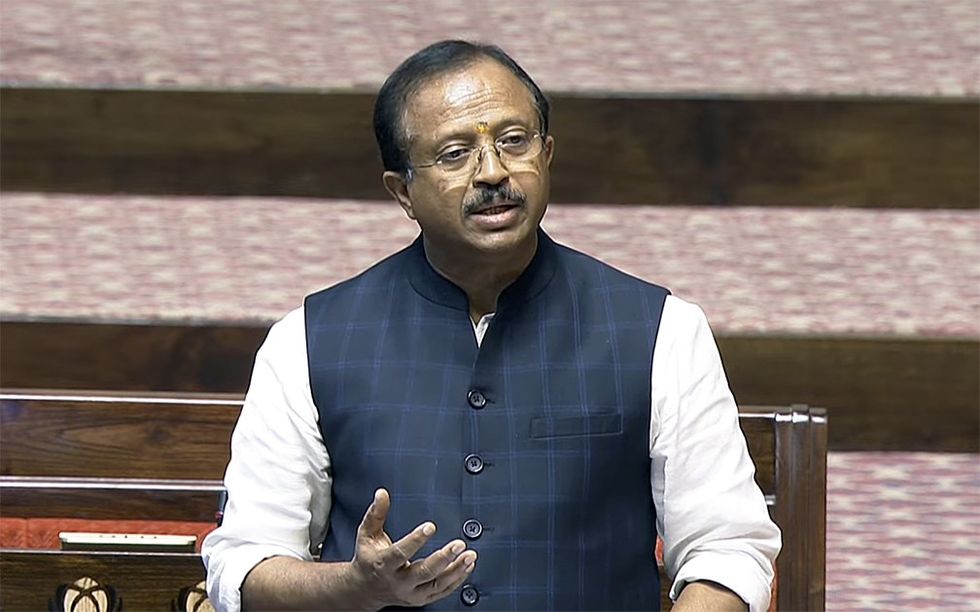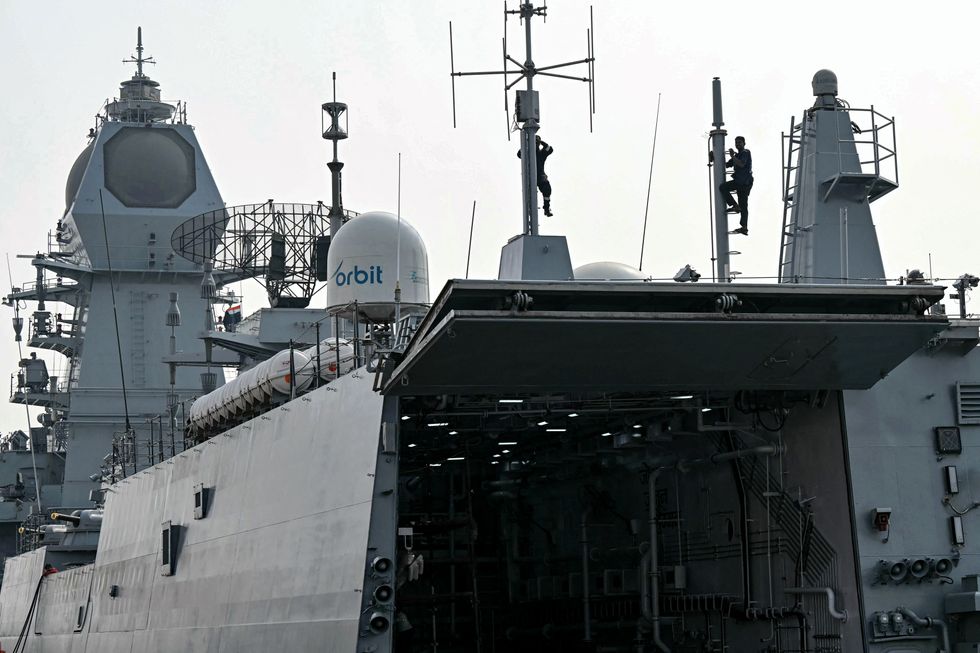by LAUREN CODLING
THE “hidden history” of Asian migrants who travelled on ships from the subcontinent will be explored in a new historical three-part series due to air next Tuesday (14).
A Passage to Britain: 1933 Viceroy revolves around the stories behind immigrants who travelled to the UK on ships from 1878 to 1960.
The BBC2 show discovers the intimate story behind the passengers’ journeys, as well as their descendants who live in Britain today.
Dr Yasmin Khan, an expert in Asian history from Oxford University, consulted passenger lists of ships to shed light on their stories. She told Eastern Eye the accounts she found were not ones detailed in history books.
“There are a lot of hidden histories out there,” she said. “There is a treasure trove of narratives and we’ve only scratched the surface. I felt I was getting involved with a project that was really fresh and original.”
Dr Khan met relatives of the many people who travelled to the UK on ships, ranging from solo passengers who came across on the more elite boats to those working as servants for colonial British families.
With the help of archives and the lists, the historian tracked down an elderly man called Raja Stokes who had travelled on the Viceroy boat with his family and his Indian nanny.
“Raja is the only person alive from the voyage,” Dr Khan revealed. “He had lived in India as a child and then came across to the UK. The realisation of the depth of connection that has remained with him throughout his life with his Indian childhood... it was a real privilege [to meet him].”
The programme also explores the hardships the migrants endured when they first arrived in the UK, including the sense of isolation that many of them experienced.
Dr Khan explained most migrants did not have a wide network of people in the UK they could contact.
“Some passengers would come to the UK with a piece of paper with a name and address on it and that was it,” she said. They were very brave, there wasn’t a lot of support for them really.”
As an academic, Dr Khan explained she is used to piecing history together through archives and documents. However, she was surprised by the emotions the experience of meeting with descendants would conjure up.
“I didn’t expect as many tears and laughs along the way,” she recalled.
Admitting her fascination for the journey of immigrants, the academic believes many second and third-generation British Asians don’t question their ancestors’ journeys to the UK.
“They may know it was tough,” she said. “But they didn’t really know what it was like.”
Last month, British politicians backed TV presenter Anita Rani’s call for a national day to commemorate the partition of India. Asian MPs such as Virendra Sharma and Preet Gill also urged schools to include the history of the Empire in school curriculums.
Dr Khan agreed with the campaign, saying that teaching the subject more thoroughly is a “good thing”.
“It is British history,” she said. “The exciting thing is to tell British history in a new and more expansive way, to retell it so we really understand Britain’s global connections and why people are here.”
Dr Khan’s Pakistani father was a child at the time of partition, something which sparked her interest in British imperial history. She has worked at the University of Oxford as an associate professor of British History since 2012, focusing on the history of the British in
India and the British Empire.
“I made a career out of my family history,” she admitted.
On the potential impact the show could have, Dr Khan hopes A Passage to Britain will encourage people to look back on their own relatives’ stories.
“It took a lot of forensic work to piece this together and we haven’t even touched the tip of the iceberg,” she said. “There must be so many stories out there, so hopefully people will reflect on their own family history.”
A Passage to Britain: 1933 Viceroy will be shown on BBC2 next Tuesday (14) at 9pm

















 US secretary of state Marco Rubio with India’s foreign minister Subrahmanyam Jaishankar in Washington DC last Tuesday (21)
US secretary of state Marco Rubio with India’s foreign minister Subrahmanyam Jaishankar in Washington DC last Tuesday (21) Anit Mukherjee
Anit Mukherjee V Muraleedharan
V Muraleedharan Dr Sasikumar S Sundaram
Dr Sasikumar S Sundaram


 Workers clean communication equipment aboard INS Surat on January 11
Workers clean communication equipment aboard INS Surat on January 11